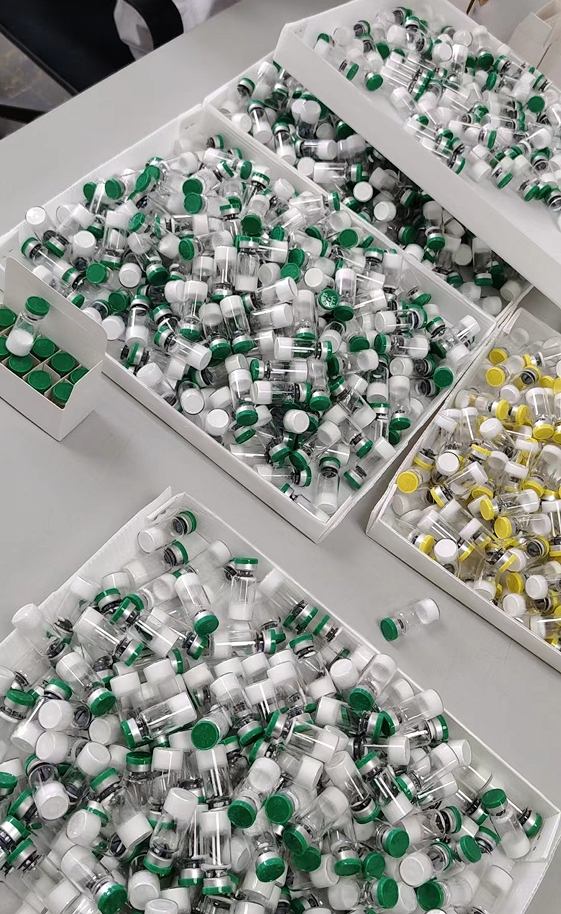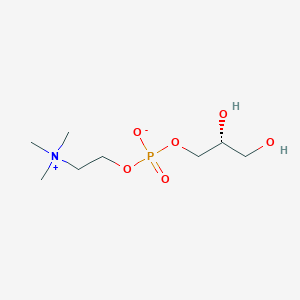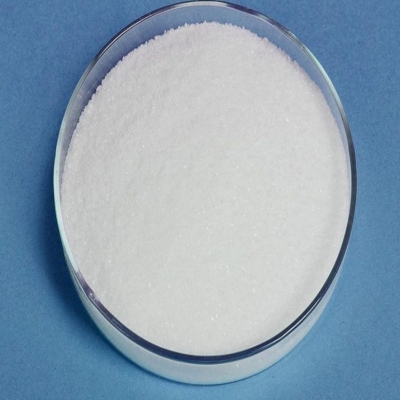New metal catalysts increase the diversity of drug design
-
Last Update: 2021-02-12
-
Source: Internet
-
Author: User
Search more information of high quality chemicals, good prices and reliable suppliers, visit
www.echemi.com
by professor of chemistry, M. A research team at the University of Illinois, led by Christina White, has developed a new manganese-based catalyst that can alter the structure of drug molecules, create new drugs, and increase the speed and efficiency of drug development.
their findings were published in the journal Nature Chemistry.
many drugs contain fat and aromatic carbon-hydrogen stents, chemists introduce oxygen atoms in precise locations to determine drug behavior. Fat family molecules have strong - unconventional and difficult-to-operate carbon- hydrogen bonds without affecting other, more reactive parts of the molecule. For example, aromatic compounds have a bond that is usually more reactive than lipid carbon-hydrogen bonds.
the authors tell us that in the case of drugs such as erythromycin and yew alcohol, chemists can control the function of drugs by swapping oxygen atoms for specific hydrogen atoms at strategic locations, " White said. "However, the hydrocarbon bonds in the adipose family structure are essentially the strongest, and the methods we developed before to convert them into carbon-oxygen bonds - a method called oxidation - tend not to tolerate aromatic hydrocarbons, which are also very common in drugs."
"We have developed a synthetic manganese catalyst that can oxidize adipose family stents in aromatics as a framework for most drugs," the authors said. "Our new catalyst can do the work of complex enzymes, but it's a simple substance that uses the basics and can be stored in a refrigerator," she says. "It will allow drug developers to replace hydrogen atoms with oxygen atoms without having to start making new drugs from scratch."
The team successfully catalyzed the oxidation reaction of 50 molecules using a new manganese catalyst, four of which are drug stents, with the potential to rapidly produce derivatives with different biological activities or metabolites
she said. "Looking ahead, we believe this catalyst will allow chemists to speed up the drug discovery process by producing new drugs from older drugs and identifying metabolites without having to make new synthesiss." " (Bio Valley)
This article is an English version of an article which is originally in the Chinese language on echemi.com and is provided for information purposes only.
This website makes no representation or warranty of any kind, either expressed or implied, as to the accuracy, completeness ownership or reliability of
the article or any translations thereof. If you have any concerns or complaints relating to the article, please send an email, providing a detailed
description of the concern or complaint, to
service@echemi.com. A staff member will contact you within 5 working days. Once verified, infringing content
will be removed immediately.







